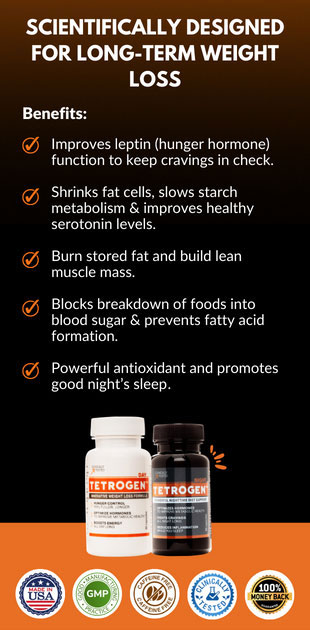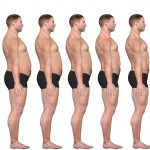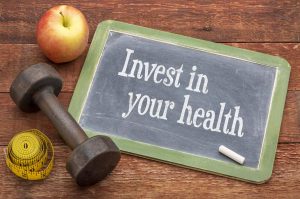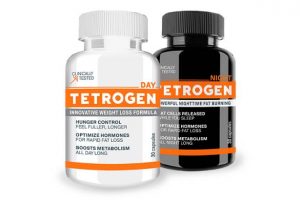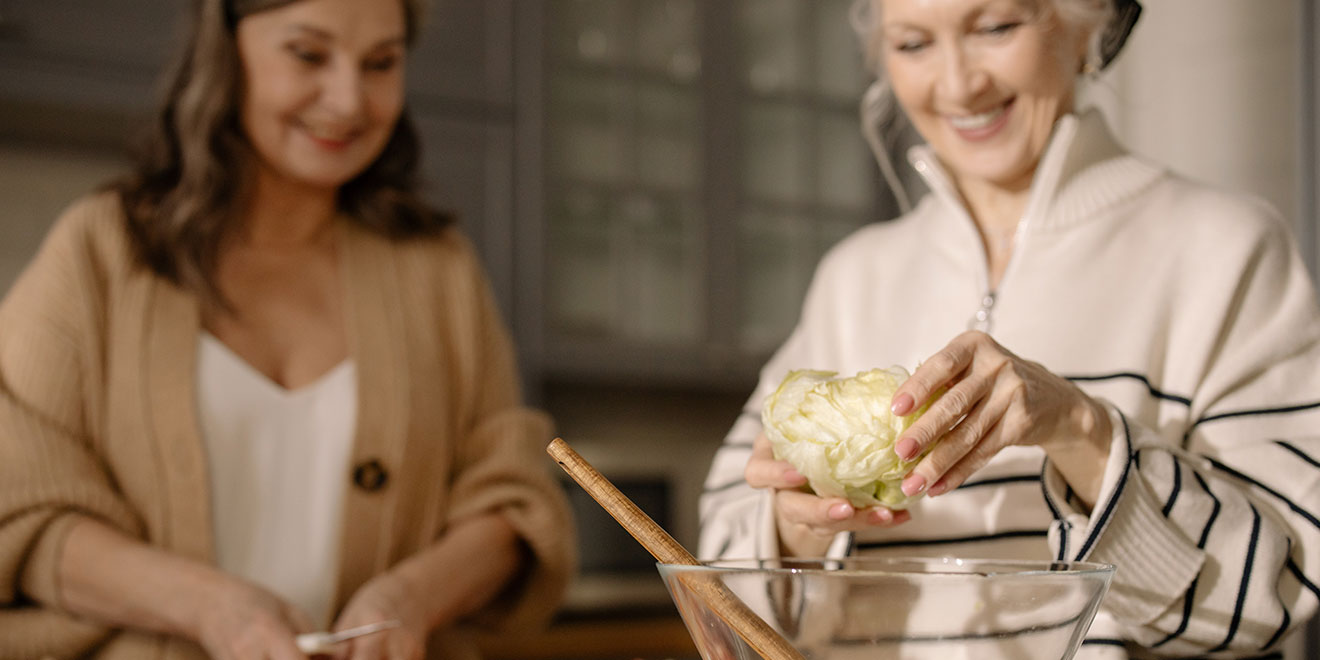
You begin to lose muscle mass as you start getting older. Muscle is crucial because muscle strength function and physical activity are some of the biggest determinants of longevity. The most significant dietary contributor to muscle regulation and growth is protein. Our muscles are persistently in a state of turnover as they get broken down and repaired throughout the day. Exercise creates a stimulus for muscle growth. Proteins act as the building elements of your body that provide energy when needed. They help to bulk up on the muscle, lose fat and eventually help us stay healthy.
Why are proteins vital as you age?
It is much easier for our muscles to break down as we get older, and it is harder to make them regrow. However, the latest research suggests that the amount of protein we need in our diet and specifically an amino acid called leucine, to trigger muscle growth increases as we get older.
Protein helps seniors maintain healthy body weight.
Compared to other macronutrients, protein is different. Our bodies cannot store protein the same way it stores fat and other carbohydrates, which means that it is essential to eat enough protein every day. Of course, the amount depends on the age and weight of an individual. However, apart from eating enough of it, it is equally important to have a variety of it. This is because each kind of protein has its amino acid profile. Therefore, a wide range of food can help seniors achieve their protein goals.
How much protein should we eat?
The daily recommended protein value is 0.8 grams per kilogram of body weight per day. The number has been decided to ensure that we do not have a protein deficiency. This number has nothing to do with optimum protein intake when it comes to muscle function. It’s just making sure that we don’t become deficient in protein. Research has shown very clearly that to build more muscle and maintain it, we need more protein than that.
How do I lose weight at the age of 50+?
Over the past years, a lot has evolved in our understanding of losing weight. To take advantage of this new understanding, those of us over the age of 50 must learn some new tricks. Most of us have risen thinking that eating fat makes you fat and that carbohydrates are the key to weight control and good health.
The truth is that if we want to lose weight as we age, we have to try doing different things and adopting other eating habits. We all know that weight loss is a hormonally controlled process. Hence, food choices matter as much, if not more, than calories. Three primary nutrients provide your body with calories. They are:
- Carbohydrates
- Proteins
- Fats
These macronutrients have a distinct effect on the fat-storing hormone called insulin.
Carbohydrates such as bread and cereals cause the greatest spike in insulin.
Protein sources such as eggs and meat cause a subtle rise in insulin.
Fats such as butter have minimal impact on insulin.
If you aim to shed some weight, then it makes sense to reduce the intake of foods that cause a sudden spike in insulin and eat those that don’t spike it.
You can add protein to your diet from plenty of natural foods. Some tips to add protein to your plate are:
1. Eggs
Eggs are considered one of the most nutritious foods. All the protein is bulked up in the whites, while the yolks contain varied nutrients needed by the body. It is quick to make, versatile, and readily available. The humble egg packs a punch.
2. Chicken Breast
A balanced diet is incomplete without chicken. Chicken is an excellent protein- source, sans the fat. You can boost your metabolism by going for a well seasoned, grilled, boneless chicken breast with a side of veggies. Strengthening bones and building muscles has never been so easy.
3. Oats
Oats are packed with more protein than most other grains. Oatmeal is a little hard to love, but when made correctly, it does not taste that bad with some bananas and milk topped with fresh berries and peanut butter. Oats should be a healthy and fulfilling choice for people intolerant to gluten.
4. Black beans
Black beans pack a good amount of protein content while allowing the body to process calories more efficiently.
5. Beef
Since prehistoric times, people have been eating beef, and it can be accredited as the king of protein. Consuming it regularly supports muscle mass and growth and helps overcome lethargy. Out of 10 essential amino acids, beef contains eight of them.
6. Cauliflower
Commonly referred to as brocolli’s paler cousin, cauliflower is an antioxidant store. This veggie detoxifies, is full of fiber, and provides a wide range of other beneficial vitamins and minerals. It is an excellent addition with very few calories and lots of protein if weight loss is your goal.
7. Chinese cabbage/ Bok Choy
It is a lettuce like leafy green The bright flavors in this drink will give you the energy to get through your day. Not only does it have a healthy dose of vitamin C, but also antioxidants and beta carotene! and most of the calories come from protein anyway.
8. Peas
Peas are naturally sweet legumes. It contains high levels of antioxidants and proteins in just a limited amount. Compared to other vegetables, peas have a relatively more elevated protein. As a result, eating just one serving of peas per day improves gut health, heart health, and aids weight loss.
9. Chickpeas
Not only are chickpeas delicious, but they are also packed with protein. They are incredibly beneficial for managing diabetes, improving brain function, weight management, and so much more. What makes them a powerhouse is the presence of bone, skin, and muscle-friendly elements in just a bowlful of chickpea salad.
10. Quinoa
Quinoa may not be as famous or well-known in America, but it’s been a staple of diets for centuries. The grain has more protein than any other plant eat and is rich with magnesium which can help keep your blood pressure low! Quinoas contain all eight essential amino acids so you’ll get an extra boost when eating this superfood packed with all nine relevant amino acids.
Lifestyle changes for seniors
It is not surprising that we start to lose muscle mass as we age. As a result, we are not as strong as we were earlier. This natural decrease in strength as we get older is called Sarcopenia. Now, we want to minimize the effects of Sarcopenia so that we can stay strong and viable, hopefully throughout our life span, so that we can do the things we want to.
We will discuss specific lifestyle changes that must be incorporated as age begins to set in:
1. Resistance training
Resistance training can look like a lot of different things. There are specific upper body and lower body strengthening exercises for seniors that are very easy to do and easily adapted to. You don’t need any equipment for them, and it can be done at home. With resistance training, we can strengthen our muscles as we age.
2. Determine the exact amount of calories you’ll be needing.
Suppose you have a good amount of body fat to lose. It would be better to set fat loss as your primary goal; in this case, set your calorie deficit to anywhere from five to thirty percent lower than your maintenance levels. Your body will get plenty of energy from your fat stores while still building muscle.
3. Set your body’s protein intake in place
The following step is to ensure that we have adequate levels of protein. If you are doing weight training, your body needs extra protein to repair the worn-out muscles. However, the important thing is that you may not feel as hungry as you used to earlier as you age. Hence you are not getting an adequate amount of protein in your diet.
The Association of Sarcopenia recommends 1 to 1.5 grams per day per kilogram of bodyweight. Now suppose if a person weighs 100 pounds. 1 kg is equivalent to 2.2 kilograms. So, a 45 kilogram older adult would need 1 to 1.5 grams of protein per kilogram of his weight. Hence he would need approximately 45 to 68 grams of protein per day for an older adult.
The body cannot absorb much protein at one given time. So in a perfect scenario, we would want to spread out those 45 to 68 grams of protein equally throughout the day.
Before you can go supplementing protein in your diet, consider organically how much you eat during the day. If you aren’t getting anywhere close to 45 to 68 grams if you weigh 100 pounds, then you need a supplement. However, most vegetarians would find it hard to reach the requisite target.
Hormones, insulin resistance, biological age and lifestyle all play a role as we go along and we might find it difficult to strike a healthy balance in our weight and nutrition. Breaking barriers of age has never been so easy. However, following a healthy diet and lifestyle is the key to healthy aging. Visit our blog for more articles and tips about living a healthy lifestyle!

Mike Dorfman is BS in Biochemistry from the University of Colorado. Mike’s has worked as a personal trainer for Gold’s Gym and helped many clients achieve their weight-loss and fitness goals.
To health first, weight-loss second. Mike and Tetrogen are here to help you make the transition to the healthier, happier, and thinner you!
SIGN UP NOW FOR YOUR FREE WEEKLY EMAILS!
Get brand-new healthy recipes (easy ones), tips 'n tricks, and more...
Bonus: Get discount coupons for our products on a subscription!
You will receive one tip per week. You can unsubscribe at any time. We will never share your information with third parties.

